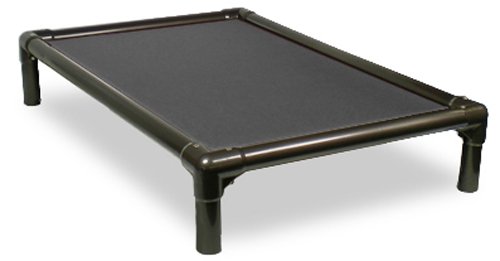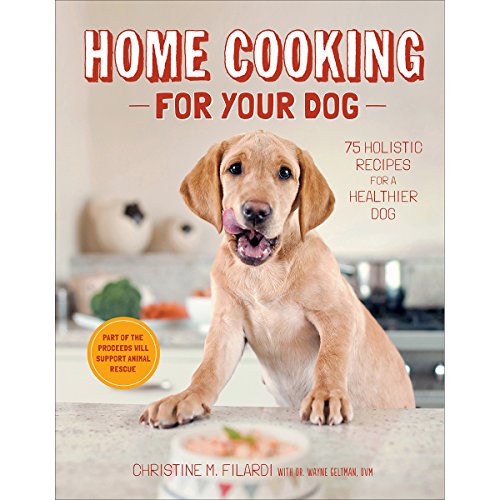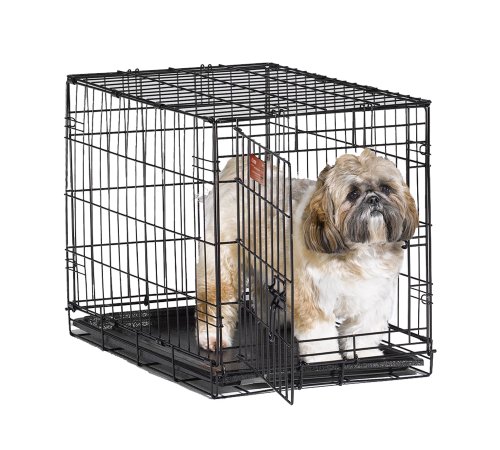Grain Free Dog Food Recommended
Cape hunting dogs forage in packs and set out at dusk to start their predations. With their alert ears and shining coats they make an ideal marketing picture for grain free dog food. They may never have taken a mouth full of the top dog food brand sold in supermarkets but seem none the worse for that. They're lean and mean and shining with good health.
Like other dogs these creatures are omnivorous rather than carnivorous. Before they tear another animal to pieces they will forage in the bush. Beetles, eggs, insects and a good deal of herbivore dung will be consumed.
The main goal remains protein rich meat. When the kill is done meat will be torn off and swallowed with hair and bone, and the contents of intestines and stomach slurped down. Afterwards the pack will find fresh water and mouthfuls of leafy grass will be taken from damp patches near the water.
In the profusion of dietary items available in the wild there will be relatively few grains. The main item on the menu will be raw meat. Pure protein will outweigh everything else in a successful pack of hunters.
Some cans of dog food contain too much water and maize or wheat meal. The few scraps of meat or flavoring in the can will encourage the pooch to eat enthusiastically. He will prefer the canned food to dry food but it will not necessarily do him much good.
Some dry food brands announce that they are a complete formula. They encourage owners to feed nothing but the formula. Dogs often eat only a minimum amount of such foods, possibly because it is so distasteful or so salty that they can't ever satisfy their hunger and remain lean though unsatisfied. This scientific method does not seem to pay much attention to the emotional needs of owners or their pets.
Because carbohydrate rich foods are cheaper to manufacture than grain free foods they cost a pet owner less. The cost of feed has risen to the extent that it now represents quite a big proportion of the average budget. Despite this, vets may recommend a switch to a grain free diet especially as a pet gets older.
On one hand the cost of foods with more meat will be higher because pure protein is expensive. On the other hand an animal might need less of such feed on account of the higher protein content. Quality can be played off against quantity. Good brands of feed will also have vitamins and supplementary elements.
Supplements can be varied and will no doubt depend, at least to some extent, on what is available. They may include things like canola or sunflower oil, potatoes, tomato extracts and rosemary. These things will go a long way to providing the sort of diversity that is available in a scavenger's natural diet.
One consideration to be taken into account when switching to a grain free dog food is the amount of fat in the composition. Lower grade meat may be fatty and this could be unhealthy. Possibly a fish based protein would be better than chicken or beef.

 How To Get Rid Of Ticks on Dogs Using Safe and Cheap Alternatives to Frontline Flea and Tick Control
Estimated reading time &ndas
How To Get Rid Of Ticks on Dogs Using Safe and Cheap Alternatives to Frontline Flea and Tick Control
Estimated reading time &ndas
 3 Tips to Stop your Dog from Pulling on the Leash While Walking and Keep Your Arms in Their Sockets
If you find walking your dog
3 Tips to Stop your Dog from Pulling on the Leash While Walking and Keep Your Arms in Their Sockets
If you find walking your dog
 Is Rosemary Harmful to Dogs?
Credit: Tony Booth and StockFreeImages.com. N
Is Rosemary Harmful to Dogs?
Credit: Tony Booth and StockFreeImages.com. N
 Disadvantages And Advantages Of Dog Boarding Solutions Online
When you possess a pet dog, each day could feel like a vaca
Disadvantages And Advantages Of Dog Boarding Solutions Online
When you possess a pet dog, each day could feel like a vaca
 Mistakes to Avoid When Raising a Dog
Owning a pet can be a wonder
Mistakes to Avoid When Raising a Dog
Owning a pet can be a wonder